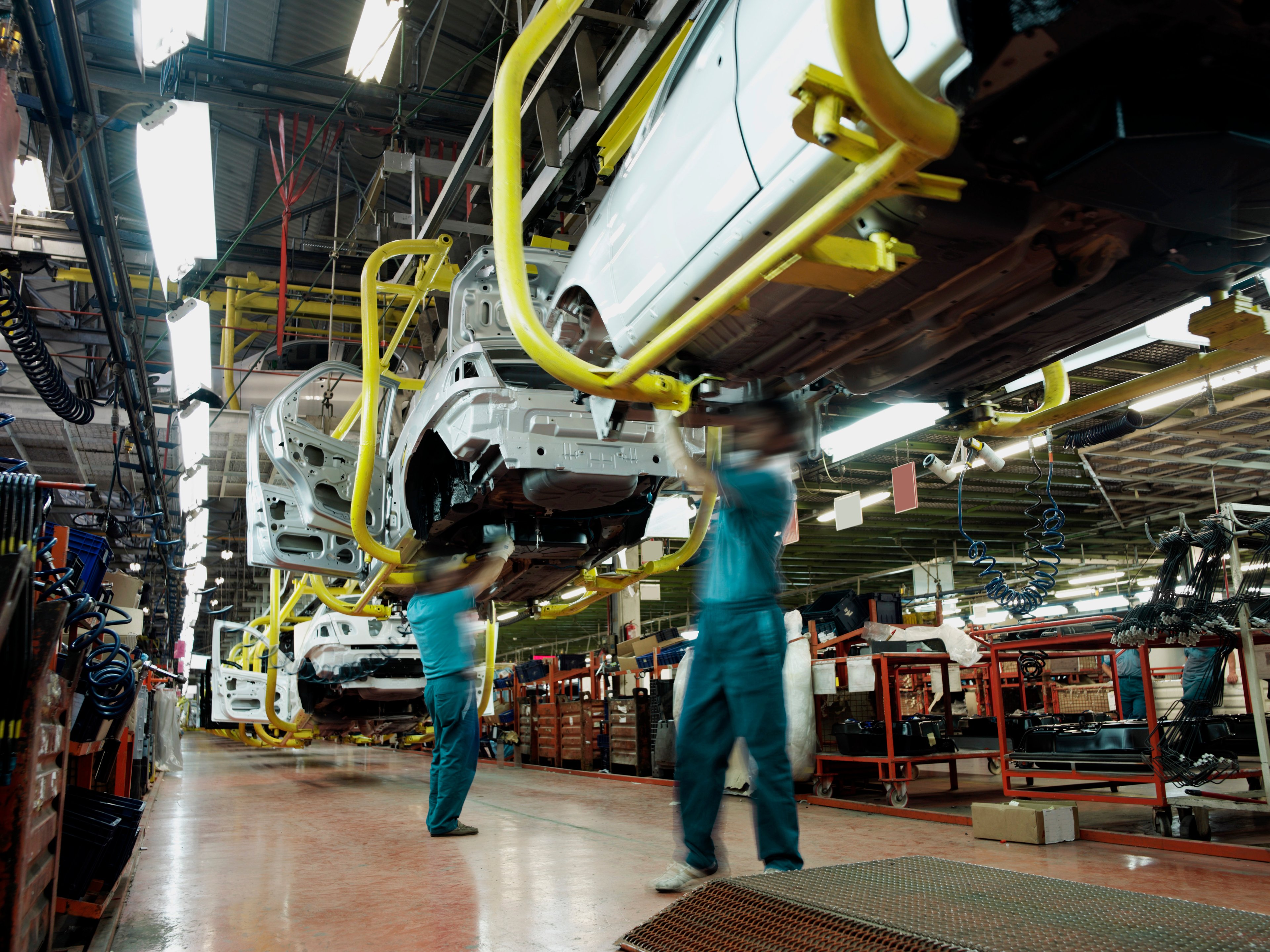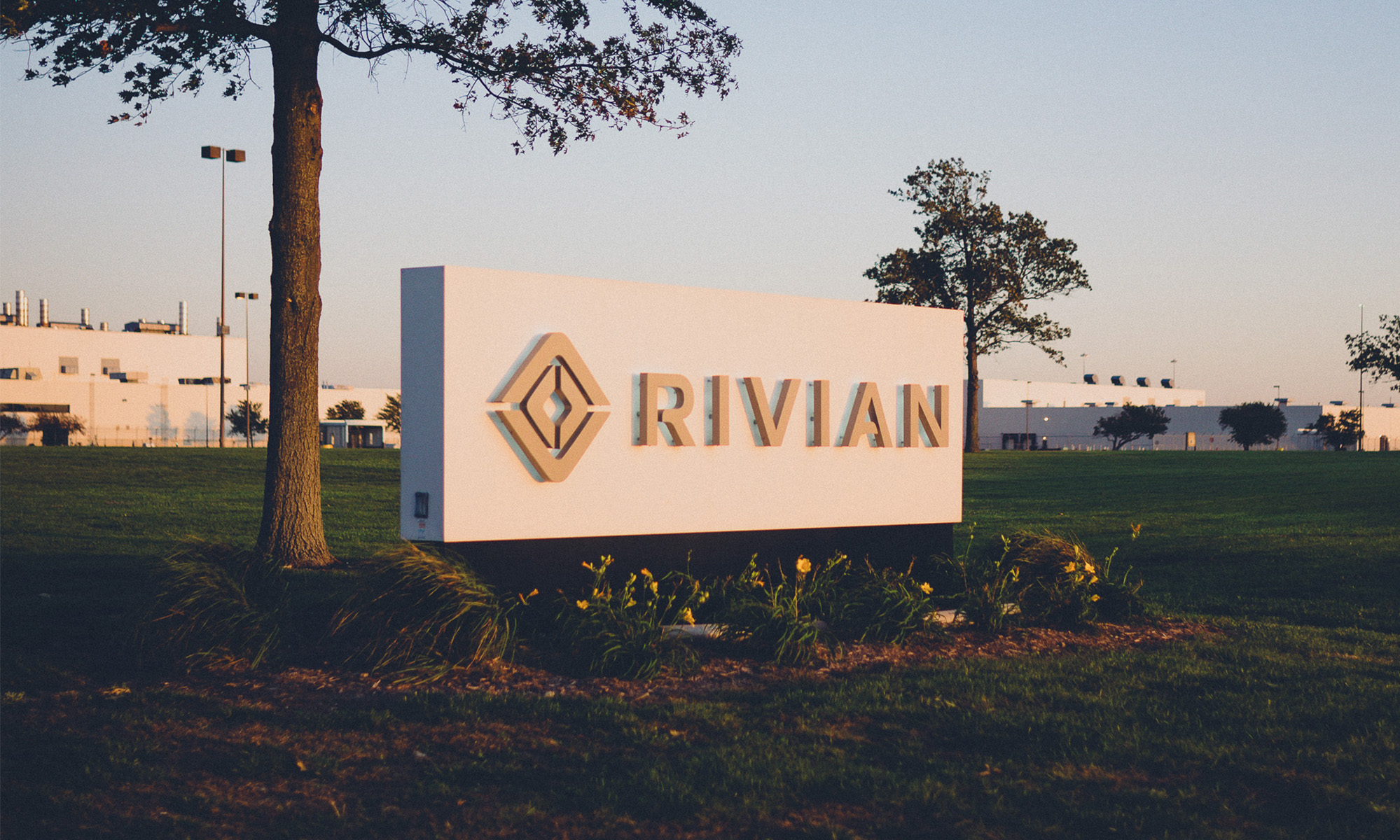Many investors were first introduced to Rivian (RIVN 3.06%) when the electric vehicle (EV) maker announced its blockbuster deal and partnership with Amazon in February 2019. The partnership, in which Rivian agreed to deliver 100,000 electric delivery vans to Amazon by the end of 2030, was instrumental in helping the automaker survive during its early days.
Just as important as that partnership, perhaps even more so, is Rivian's joint venture with Volkswagen (VWAGY 2.48%), announced in November 2024. New details regarding that partnership point to an even deeper partnership than initially thought.
What's going on
Speaking to Yahoo! Finance on June 2, Rivian's chief software officer, Wassym Bensaid, revealed just how entrenched Rivian's technology is in the joint venture.
"R2 is the platform that will underpin actually all future EV products at VW," Bensaid told the financial news website. "So it's really that modular, scalable technology stack that we will take into VW brands, and we will do it in a way where we will still allow each of the brands to express their own identity."
The key point of that statement, when Bensaid mentions multiple brands expressing their identity, is sneaky. That means that Volkswagen's plethora of brands -- including Audi, Porsche, and Lamborghini, among others -- will all have access to Rivian's platform and technology stack. In other words, a future Porsche EV could have a Rivian backbone.

Rivian's R1T. Image source: Rivian.
What does this mean for Rivian's (and Volkswagen's) investors?
This development means a couple of things for investors. First, it is a huge vote of confidence for the German automotive juggernaut Volkswagen to entrust a newcomer to automotive manufacturing and technology with the core of its future EV product line. For Rivian, this proves to other equipment manufacturers that it is a capable and strategic technology partner. It's, of course, a positive development for Volkswagen as well, a company that has had massive problems, delays, and setbacks in developing software over the years.
Second, this gives Rivian a very real revenue stream outside of its traditional manufacturing and selling of EVs. It's already had an impact on the company's financials, with software and services revenue jumping to $318 million, compared to the prior year's $88 million, driven primarily by revenue generated from the Volkswagen joint venture.
Further, one analyst believes that Rivian's technology stack merely opens the door to a whole new world for investors. "We see Rivian as well positioned on scaling a fully integrated hardware/software stack needed to unlock the AI robot opportunity," analysts with Morgan Stanley wrote, according to a report in Investing.com, pointing to the company's upcoming AI and Autonomy Day as a key event to watch.

NASDAQ: RIVN
Key Data Points
R2 platform importance
Not only will the R2 platform give Volkswagen a backbone for its future EV product line, the R2 vehicle itself is hugely important to Rivian. Rivian, which has no vehicle launches in 2025 and sells only the R1T, R1S, and electric delivery van, has its future tied very closely to the potential success of the R2. Rivian's R2 will be responsible for supercharging the company's deliveries, which have waned in recent quarters.

Data source: Rivian press releases. Chart by author.
Investors will want to watch the development of the Volkswagen joint venture because Rivian's platform and technology could be among the biggest reasons to own the stock. Volkswagen has given Rivian a big vote of confidence by using it across its plethora of brands, and if it's successful, it could open the door to a very bright future at Rivian -- one that isn't driven solely by traditional vehicle sales.






